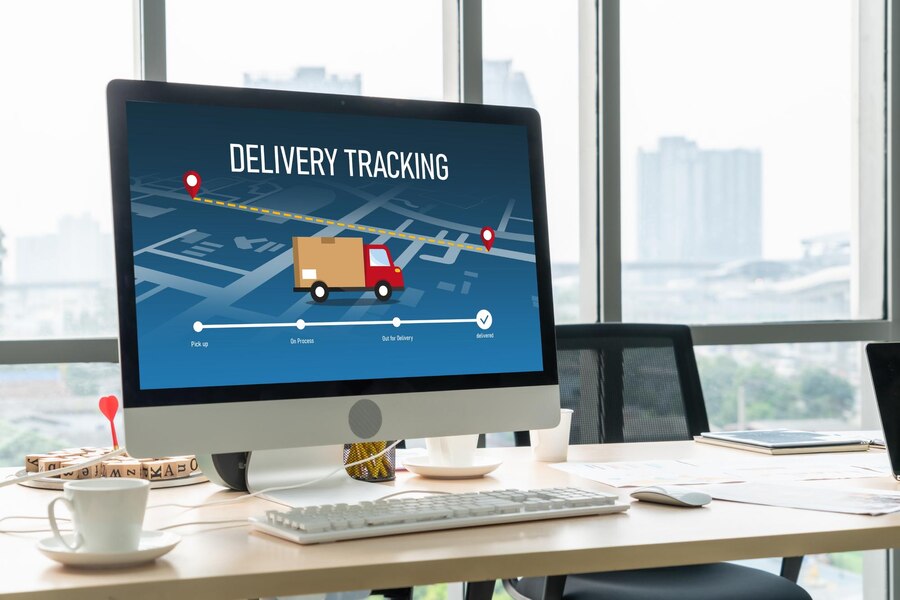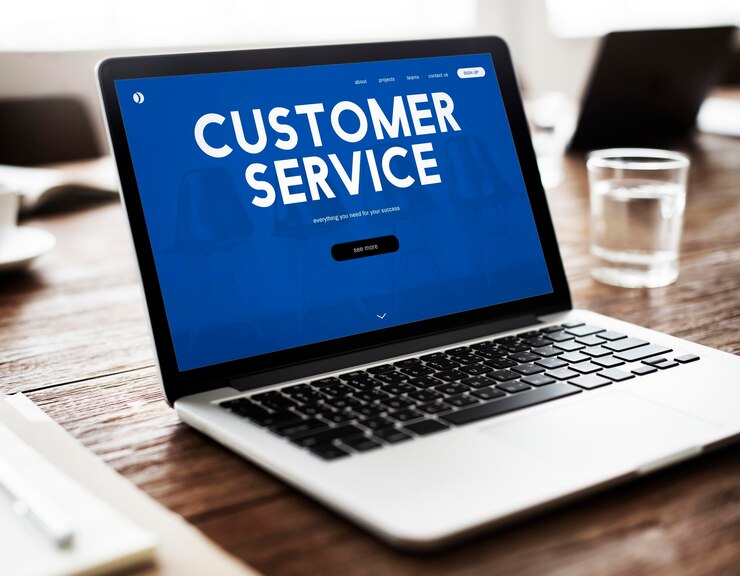5 Game-Changing Benefits Of Fleet Tracking Systems For Businesses
4 Mins Read
Published on: 29 February 2024
Last Updated on: 30 April 2024

toc impalement
As a business owner or fleet manager, improving your fleet operations is crucial for boosting productivity and profits. Accordingly, implementing a fleet tracking system can open new possibilities and provide game-changing benefits for your business.
A fleet tracking system enables you to monitor your vehicles in real-time, providing actionable insights into your fleet activities.
This article will discuss five significant ways fleet tracking systems can benefit businesses. Therefore, you’ll learn how these systems can help you cut costs, improve efficiency, enhance safety, monitor driver behavior, and more.
Read on to understand why fleet tracking should be a vital investment for companies with vehicle fleets of any size.
1. Cut Fuel Costs And Optimize Routes

One of the most significant fleet expenses is the high fuel cost. Consequently, optimizing fuel consumption through actionable data analytics can lead to significant cost savings.
Advanced fleet tracking systems provide granular data about vehicle speeds, idling times, out-of-route miles, and more. This wealth of data allows you to identify opportunities to improve driving habits and eliminate waste accurately.
For instance, you can set rules to alert drivers about excessive idling, implementing an idling time limit across your fleet. Additionally, monitoring vehicle speeds allows you to curb lead-foot driving above posted speed limits. By adjusting these behaviors through fleet tracking insights, you’ll directly see the fuel usage needle move downward.
Furthermore, the power of GPS and geofencing gives you an aerial view of your fleet routes. By comparing actual routes driven versus planned routes, you can swiftly identify unnecessary detours, traffic delays, and other barriers to efficient routing.
After tweaking routes based on real-world data, you can ensure your drivers take the optimal paths to each destination.
2. Improve Driver Safety
Beyond fuel and maintenance savings, a compelling benefit of fleet tracking systems is enhancing driver safety. Robust fleet tracking platforms can alert you about unsafe driving behaviors like speeding, harsh braking or acceleration, and prolonged idling.
Additionally, you can set speed rules and virtual geofences to encourage safe habits further. For example, establishing an 80 mph speed limit rule will trigger an alert anytime a driver exceeds that threshold.
Similarly, you can be notified when drivers brake excessively hard, which often signals distracted driving. You reinforce safe driving across your fleet by curbing these risky behaviors in real-time.
With improved safety from fleet tracking, your business should experience fewer costly accidents over time. That means lower insurance premiums and less money spent on collision repairs. If drivers feel you’re monitoring their driving habits closely, they’re less likely to take unnecessary risks on the road.
3. Monitor Vehicle Health And Maintenance

Managing preventative maintenance for a growing fleet of vehicles is demanding. Issues like missed oil changes, worn brake pads, and expired safety certificates arise frequently with a large group of cars or trucks. However, advanced fleet tracking platforms provide automated maintenance alerts to inform you about expiring compliance docs or upcoming service needs.
For example, the system can alert you when an oil change is due based on actual mileage accrued rather than a static timeline. This data-driven approach ensures you don’t miss crucial maintenance that leads to mechanical breakdowns.
In addition, some platforms monitor diagnostic trouble codes in real-time and can notify you when a check engine light or fault code activates. With this wealth of vehicle health data, you can schedule proactive repairs for minor issues before they snowball into major mechanical disasters.
Subsequently, your team will spend less time scrambling to service broken-down vehicles and more time tackling productive projects. Ultimately, that means your fleet spends less time in the shop and earns more money on the road.
4. Verify Timesheets And Jobs
As a fleet-based service business owner, verifying timesheets and job completion is a persistent challenge. However, with detailed data from a GPS fleet tracking system, you have an accurate log of employee hours and proof of job completion.
The fleet tracking platform timestamps all arrival and departure times at stops – making it easy to confirm the accuracy of worker timesheets. You can compare their self-reported hours to the tracking system’s logs to ensure no exaggerations or dishonesty. For mobile employees especially, this gives you the verification needed to feel confident compensating your technicians properly.
Besides, you can leverage the tracking insights to ensure service visits meet the minimum time requirements and that workers aren’t taking unauthorized breaks. For instance, you will be notified if a scheduled 2-hour AC repair job only logs 30 minutes door-to-door. This allows you to follow up with technicians about wasted time and missed opportunities.
5. Improve Customer Service

For delivery and field services companies, customer service is a significant priority. With fleet tracking capabilities, you can provide more accurate ETAs for deliveries or service calls. Further, the enhanced routing leads to faster arrival times and less time wasted.
When a customer requests a status update on their order or appointment, detailed tracking data allows you to provide specific information. Overall, this increased reliability and responsiveness leads to improved customer satisfaction. Happy customers are repeat customers, making flawless deliveries and service essential for growth.
Conclusion
Implementing a fleet tracking system has the potential for game-changing benefits for any business that operates vehicles.
The actionable data can help you dramatically cut fuel, maintenance, insurance, and payroll costs. Moreover, monitoring driver safety, verifying timesheets, and optimizing routes leads to impressive gains in efficiency and productivity.
While the upfront investment in fleet tracking hardware and software may give some businesses pause, the long-term rewards make the systems well worth the price. Ultimately, savvy fleet managers leverage these insights to grow their fleet operations sustainably and profitably.
Read Also:


















Comments Are Closed For This Article